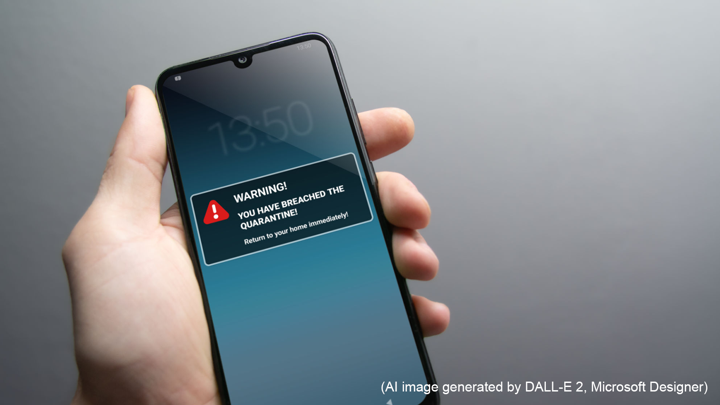#0139 Work e-mail after hours and off-job duration and their association with psychological detachment, actigraphic sleep, and saliva cortisol: A 1-month observational study for information technology employees

The Invisible Leash: The Downside of Mismanaged Work Flexibility
Information communication technology has become an integral part of our daily work lives, complementing and often replacing face-to-face meetings and phone calls. While technology has boosted job flexibility, it has also led to work overload due to accessibility and increased employee connectivity after work hours. When employees and employers fail to set proper limitations for its use, such arrangements foster an "always-on work" culture, blurring the boundaries between work and family life.
Employees require time off work to restore their physical, mental, and emotional capacities. Towards this goal, Japan encourages companies to adopt a "work-interval system" that promotes recovery through 11-hour rest periods between two consecutive shifts. However, not all companies have fully embraced this concept.
Although previous studies have explored the relationship between work emailing after shift hours and health-related consequences, empirical evidence is still sparse. Additionally, the relationship between work e-mail frequency and the off-job period is uncertain.
To this end, a group of researchers conducted a one-month observational study to see how e-mailing after working hours and off-job time affect health-related outcomes. Throughout the observation period, 58 employees from an IT firm were required to wear sleep measurement devices (called “actigraphs”) during sleep and to use a fatigue app to monitor e-mail frequency, off-job time, and self-reported outcomes. Furthermore, saliva samples were taken upon awakening in order to measure the levels of "cortisol," a stress hormone.
The researchers identified a strong interplay between work e-mail and off-job time in terms of sleep quality, rumination, carry-over fatigue, and psychological detachment. Their findings revealed that increased frequency of work e-mail was associated with poorer outcomes, even when employees had more off-the-job leisure. Employees who often e-mail after work hours tend to obsess over their jobs and have trouble mentally distancing themselves from work. As a result, the quality of subsequent sleep worsens, disrupting the entire recovery process. Further, e-mailing after work hours had no effect on cortisol levels or sleep duration. On the contrary, longer off-job time was related to markedly lower levels of cortisol, implying that more time off work resulted in lower levels of stress.
Given the reliance on remote work in relation to the COVID-19 pandemic, understanding how email and off-job time related organizational norms drive dysfunctional individual work-related outcomes appears more pressing than ever. The government and employers should consider taking proactive steps to implement standards that are appropriate for both the organization and its employees.

Link to original journal article:
https://academic.oup.com/joh/article/63/1/e12300/7249897
Title of the paper:
Work e-mail after hours and off-job duration and their association with psychological detachment, actigraphic sleep, and saliva cortisol: A 1-month observational study for information technology employees
Authors:
Tomohide Kubo, Shuhei Izawa, Hiroki Ikeda, Masao Tsuchiya, Keiichi Miki, Masaya Takahashi




